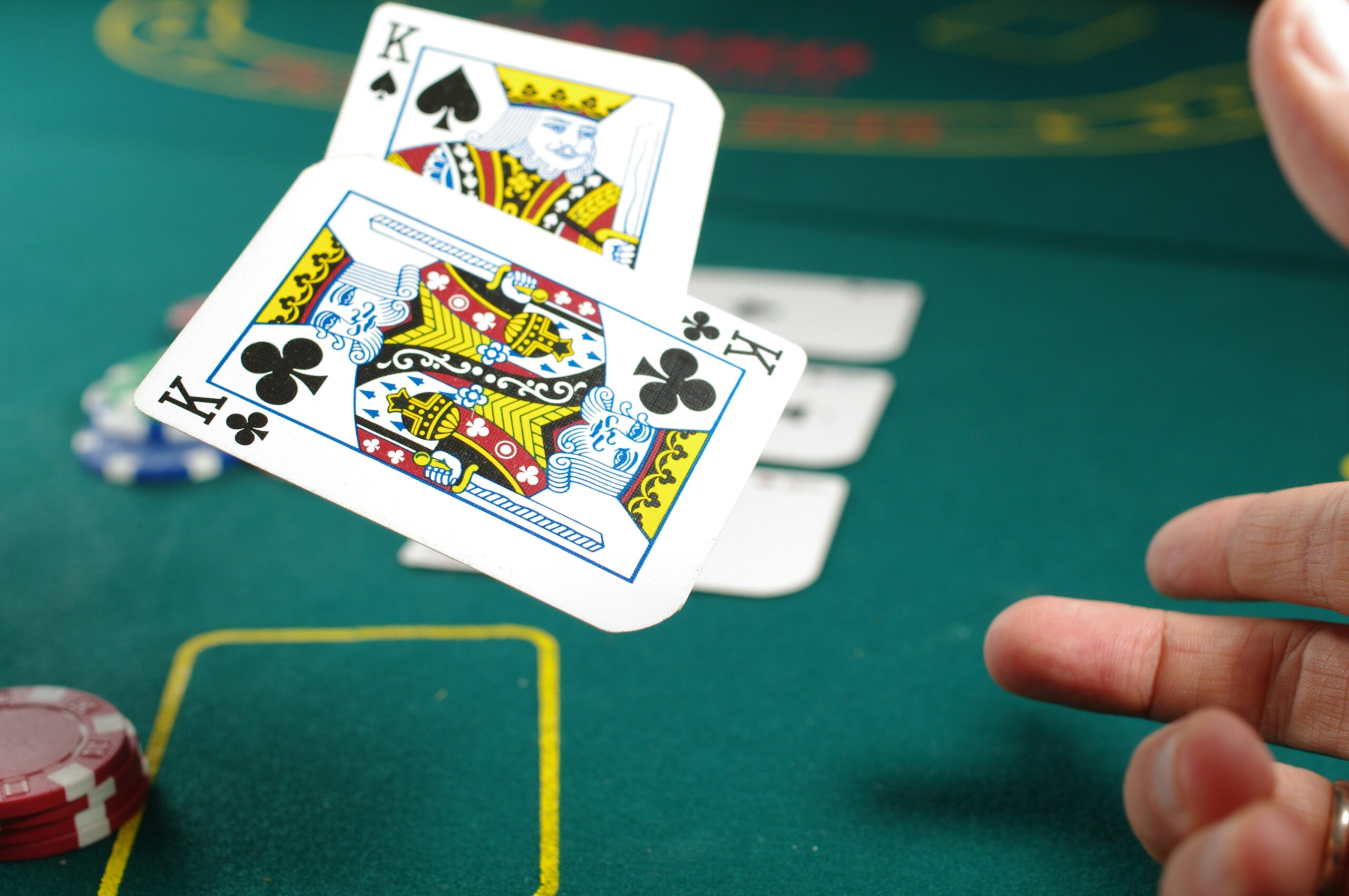
Poker has long been seen as a game of strategy, skill, and luck. The images of professional players, sitting at the table with large stacks of chips and a focused look, have become iconic in popular culture. Movies, TV shows, and online streams often portray the life of a poker pro as glamorous and fast-paced. However, the reality of the professional poker lifestyle is usually much different from the myths that surround it. Let’s delve deeper into the contrasting myths and truths that define life as a professional poker player.
The Glamorous Life of a Pro Player
One of the most common myths about professional poker players is that they lead an incredibly glamorous life. Thanks to media portrayals, many people imagine pros living in luxury, attending exclusive parties, and always traveling to exotic destinations for tournaments. The picture painted is one of excitement, big money, and constant action.
In reality, while there are certainly moments of success and celebration, the daily life of a professional poker player is far from a non-stop party. Most experienced players spend hours, sometimes even days, honing their skills through online games or in casinos. The financial rollercoaster is another significant aspect of the lifestyle, with frequent fluctuations in wins and losses. Unlike the image of perpetual high rollers, many poker pros deal with long stretches of losses and frustrations. Therefore, the highs may be exhilarating, but they are often balanced by periods of uncertainty and hard work.
The Myth of Quick Wins and Easy Money
Another prevalent myth is that professional poker players make easy money with little effort. Many believe that poker is simply about sitting down at a table, making a few big moves, and walking away with piles of cash. In truth, poker is a game that requires dedication, constant learning, and intense concentration. It’s not about relying on luck alone, but about mastering the art of reading opponents, understanding odds, and making strategic decisions in high-pressure situations.
Moreover, it’s essential to understand the variance that comes with poker. A pro might go on a losing streak despite making the right decisions, simply because luck didn’t fall in their favor. This means that a successful poker career isn’t about consistently winning but rather about managing the mental and emotional toll of inevitable losses. Players spend hours analyzing their game, studying their mistakes, and adjusting their strategies to improve over time. The road to consistent success is long, and it’s filled with far more ups and downs than one might assume.
The Solitude and Stress of Professional Poker
While poker might appear to be a social game, many professionals spend much of their time alone. Whether online or in physical card rooms, much of a player’s time is spent in solitude, focusing intensely on their game. This solitary nature of the lifestyle can lead to feelings of isolation, especially during periods of low earnings or personal struggles. The image of poker being a group activity at a lively casino table is more a myth than a reality for many pros.
Stress is also a constant companion for those who make poker their career. The constant pressure to perform, coupled with the fluctuating financial situation, can take a toll on mental health. Players often face burnout due to long hours, lack of social interaction, and the emotional strain of losing. It’s not all about the thrill of the game; there is a significant mental and emotional weight that comes with trying to stay on top in a competitive field. Many players seek ways to cope, including therapy, physical exercise, or taking breaks from the game.
The Professional Player’s Routine and Discipline
Contrary to the myth of poker being a leisurely, carefree endeavor, most professional players adhere to a strict routine. Their days are often filled with study sessions, mental exercises, and preparation for upcoming events. Just like athletes, poker pros must stay sharp by regularly practicing their skills and staying current with the latest strategies. In fact, many top players spend as much time away from the table as they do playing, reviewing their performance, and analyzing opponents.
Furthermore, self-discipline plays a massive role in maintaining a professional poker career. The temptation to chase losses or make rash decisions under pressure is always present, but it’s the disciplined player who succeeds over time. This includes managing finances carefully, knowing when to take breaks, and understanding the importance of emotional control. Professional poker players must treat their career like a business, carefully balancing risk and reward, and keeping their focus on long-term success rather than immediate gratification.
The True Nature of the Poker Profession
While the myths surrounding the professional poker lifestyle can be enticing, the reality is far more grounded in hard work, discipline, and perseverance. The life of a pro player is often lonely, stressful, and filled with uncertainty. However, for those who are truly passionate about the game and committed to learning and growing, it can also be a gratifying career. Understanding the realities of poker can help those interested in pursuing it as a profession prepare for the challenges that come with the territory. Ultimately, success in poker. Like in any other field, is a product of skill, mental toughness, and a willingness to adapt to the ever-changing landscape of the game.